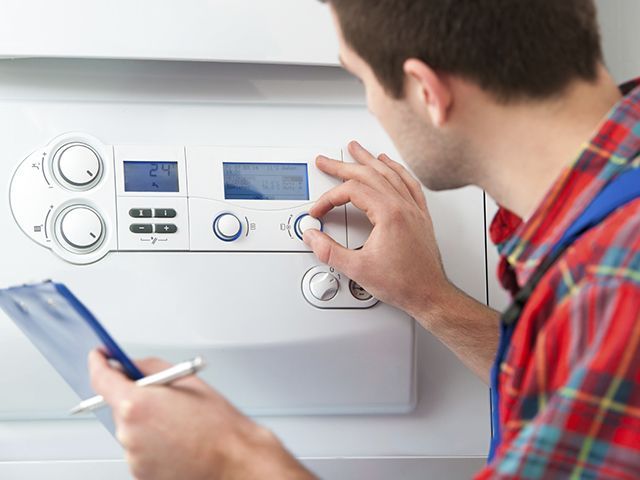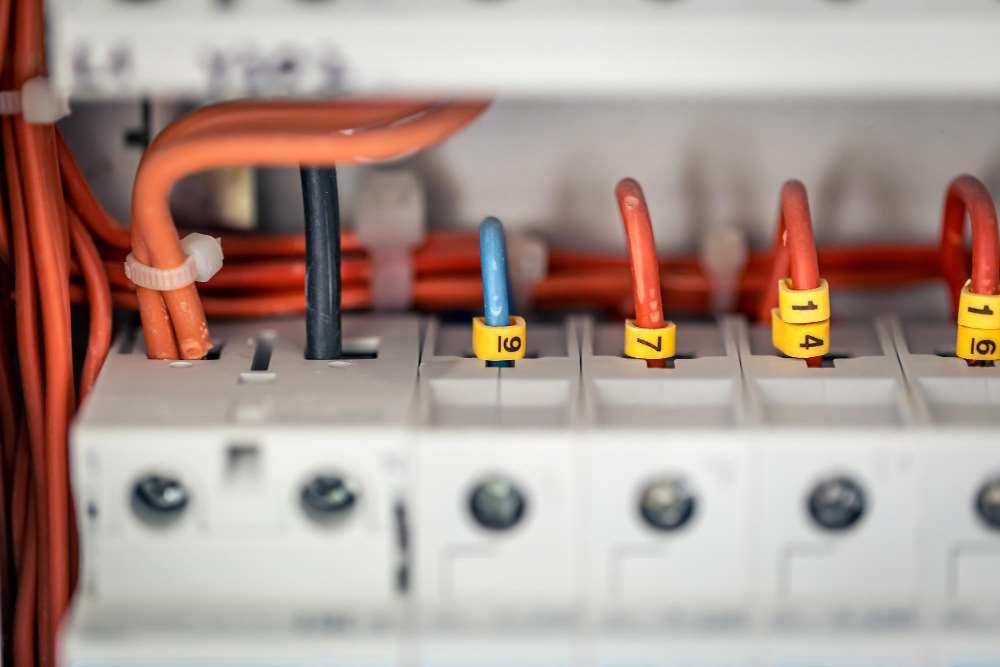Common Boiler Problems and How to Address Them

Boilers are central to many home heating systems, providing warmth throughout the colder months. However, like any home appliance, boilers can develop issues that may affect their performance or safety. Understanding these common problems and knowing how to address them can help homeowners maintain their boilers effectively and ensure continued comfort in their homes. This article outlines some of the most frequent boiler issues and offers guidance on how to handle them, whether through DIY fixes or by calling in professional help.
1. No Heat or Hot Water
This is arguably the most significant problem you can face with a boiler, as it defeats the primary purpose of the system. Potential causes include broken diaphragms and airlocks, issues with the thermostat, or failure of motorized valves. Checking the thermostat and resetting the boiler can sometimes resolve the issue, but if these steps don’t work, it’s essential to call a professional to inspect and replace any faulty parts.
2. Leaking and Dripping
Leaks are a common issue and can originate from various parts of the boiler due to reasons like corrosion or improper fitting. The location of the leak often determines the best course of action. For instance, a leak from the pressure valve might indicate high boiler pressure, whereas a leak from the pump seal suggests it may need replacing. If you notice leaking, it’s advisable to contact a professional boiler replacement Fife immediately to prevent further damage to the boiler and your home.
3. Strange Noises
Boilers can make various noises, often described as banging, whistling, or gurgling sounds. These noises can be caused by air in the system, low water pressure, or lime-scale buildup in the heat exchanger. Bleeding your radiators to remove air or checking the pressure gauge and re-pressurizing your boiler can sometimes solve these issues. If noises persist, however, it could indicate a more severe problem, requiring professional assessment and cleaning.
4. Radiator Issues
If your radiators are not heating up properly, the cause could be sludge or air build-up blocking the system. Radiators that are cold at the bottom but warm at the top may need to be bled. If this doesn’t help, the entire system may need to be flushed by a professional to remove built-up deposits and improve efficiency.
5. Boiler Keeps Switching Off
A boiler that frequently switches itself off could be due to low water pressure, a problem with the thermostat, or poor water flow due to a closed valve, air, or the pump not circulating the water properly. Checking the pressure gauge and re-pressurizing the system can sometimes resolve this issue. If not, it may be necessary to consult a professional to check the pump and thermostat.
6. Thermostat Problems
If the thermostat is losing accuracy or turning the heating on/off when it shouldn’t, it might be time to invest in a new one. Upgrading to a smart thermostat can also offer better control over heating schedules and temperatures, potentially saving money on energy bills.
Conclusion
Recognizing and addressing common boiler problems promptly can save homeowners from more significant, costly repairs down the line and help maintain the efficiency and longevity of the heating system. While some issues can be resolved with simple checks and adjustments, others require the expertise of a qualified professional. Regular maintenance and servicing by a professional can prevent many common problems and keep your boiler in good working condition.





